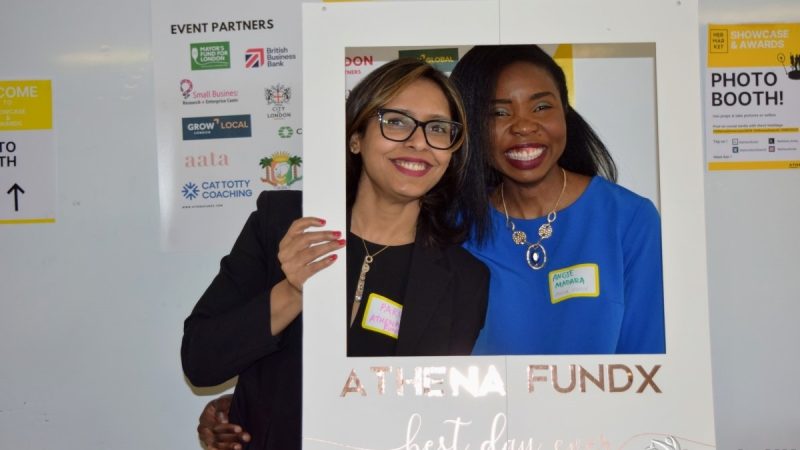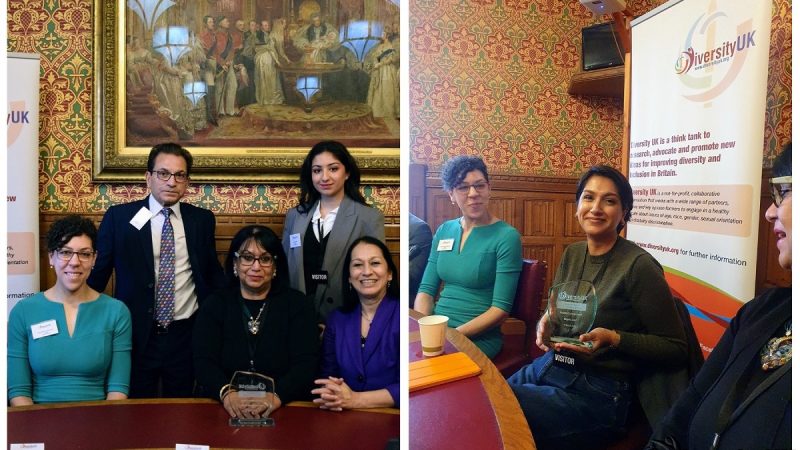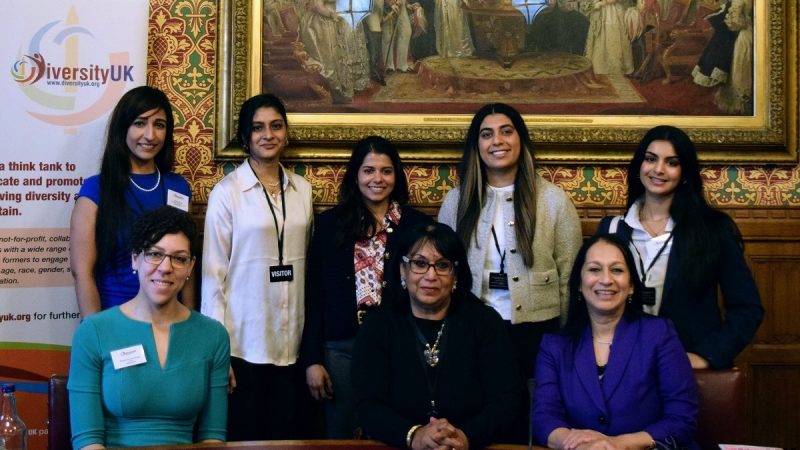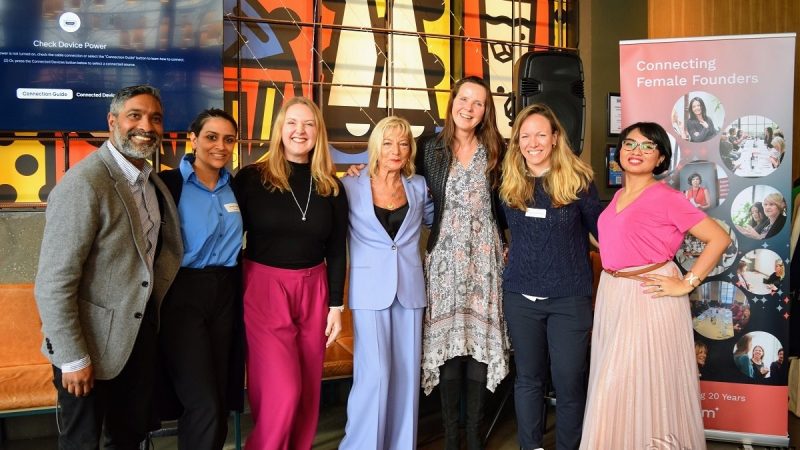Powerful video launched to attract women into the energy sector
Baroness Verma, Minister Energy and Climate Change, helped launch a new video that seeks to highlight the opportunities for women in the energy sector. The video, produced by Marten Wetterberg, urges the energy sector to have 30% of senior executives and board members and 40% at mid management level to be women; to ensure there are mentors available; to showcase those women at senior levels and encourage the sector and associated sectors to demonstrate progress and to produce an independent progress report. The video has interviews with leading women in the energy sector including Gwen Parry-Jones, Safety & Assurance Director at EDF Energy Generation, Dame Sue Ion, Nuclear Power & Energy Industry Consultant who is also a Fellow of the Royal Academy of Engineering; Angela Strank, Group Chief Scientist at BP; Angela Knight, Chief Executive of Energy UK; Rachel Morfill, Power System Manager at the National Grid and Juliet Davenport, CEO and Founder of Good Energy Group.
The release of the video follows the publication of a progress report on the state of engineering by Engineering UK which states that the UK needs ‘a two-fold increase in the number of engineering graduates to 87,000’ and that ‘increasing the number of women graduating in engineering to achieve parity with males, would make a huge contribution to meeting the 2020 target’. Professor John Perkins, Chief Scientific Adviser to the Department for Business, Innovation and Skills (BIS) published a major analysis of the talent pipeline in engineering today in November 2013. This review was a call to action to government and the engineering community to inspire future engineering talent and address the skills shortages within the industry. In response government is making available nearly £49 million in funding for engineering skills:
• up to £30 million in funding in the new year for employers to bid for to address engineering skills shortages in sectors with specific needs
• an £18 million investment in a new elite training facility at the Manufacturing Technology Centre in Coventry. This is part of the High Value Manufacturing Catapult, which works with companies from start-ups to the likes of Rolls Royce in developing innovation and next generation technology
• £250,000 of seed funding to enable Tomorrow’s Engineers to accelerate the nationwide rollout of its employer engagement programme aimed at encouraging children in school to consider engineering careers
• £40,000 to support the Daphne Jackson Trust to develop a new fellowship to support people returning to professional engineering jobs after a career break
• a portal on the National Careers Service website matching businesses that want to promote engineering careers in schools with organisations who can deliver educational outreach activity.
Business Secretary Vince Cable said: “Engineering has a vital role to play in the future of UK Industry. It is important that we act now to ensure businesses have access to the skills they require to enable them to grow. We cannot do this alone so I am calling on employers and education professionals to get involved and inspire the next generation of engineers.”
Some of the challenges facing the engineering sector start when pupils are still at school and come back to choose subjects following GCSEs. Engineers must have a strong foundation in maths and science, especially physics. The number of young people choosing these subjects post-16 is relatively low, especially amongst women. The government is making changes that will impact this including, a redesign of the curriculum, teacher development and additional funding to support these changes.”
“This video is very much to support government goals to get more girls and women into the STEM sectors and see the energy sector as a great career choice” said Baroness Verma




